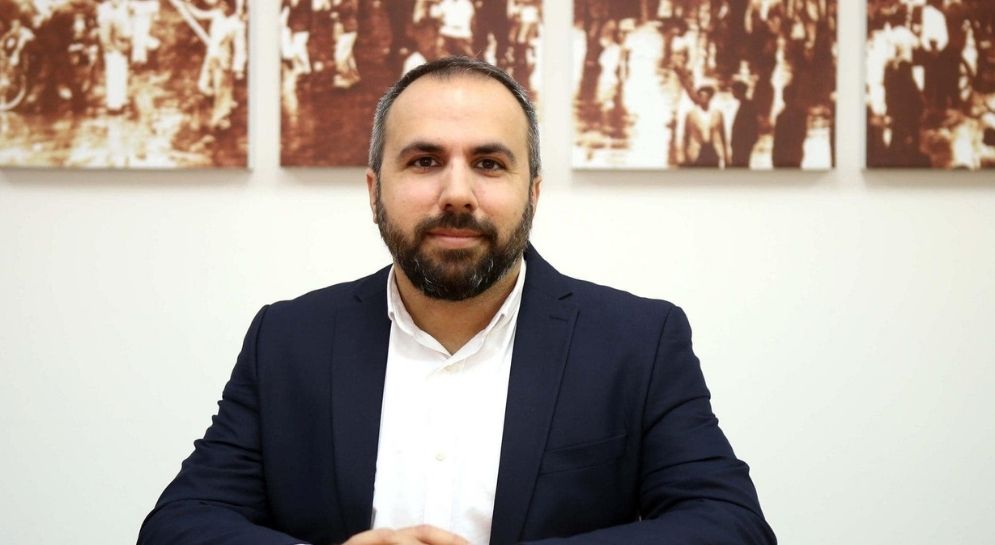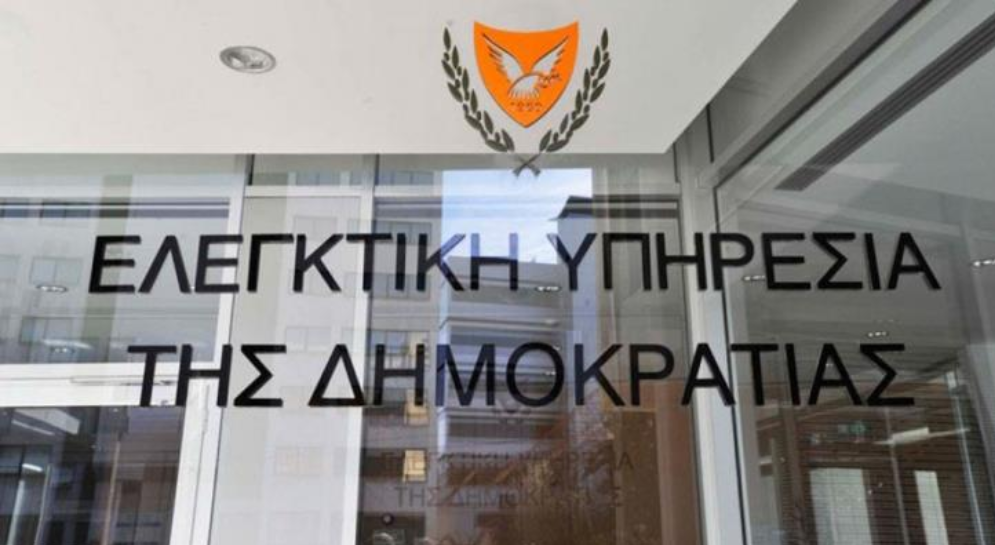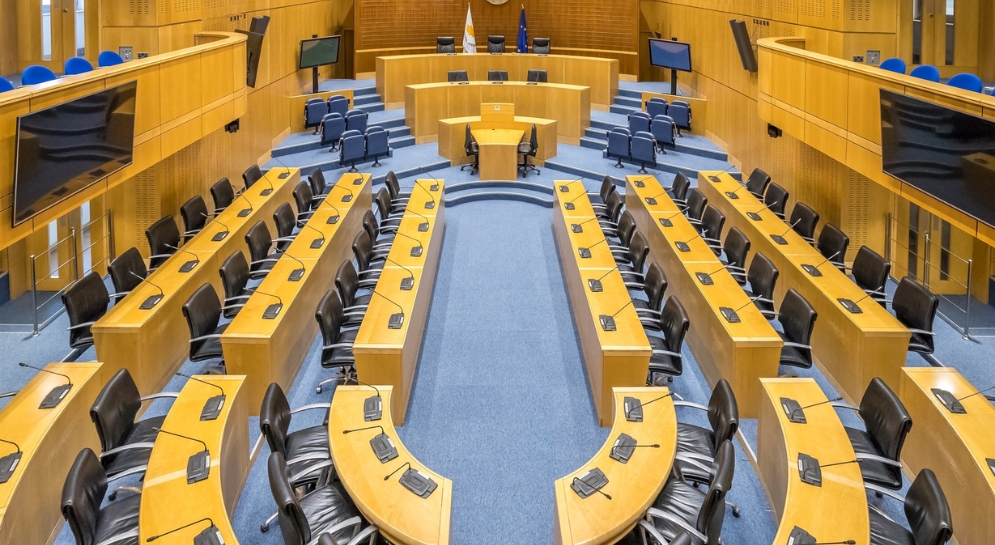
Interview with AKEL C.C. Press Spokesperson and C.C. member Giorgos Koukoumas:
The Government is covering up fuel companies instead of protecting consumers
Sunday 26 June 2022, “Haravgi’ newspaper
QUESTION: Price increases are galloping, whilst the purchasing power of households, especially of the low-paid, unemployed and pensioners, has fallen sharply. The wave of price inflation started long before the war in Ukraine broke out. Is there a way for help to be provided to these strata?
GK: In order to discuss what can be done to provide relief to households, we all need to understand what is happening: the pockets of households may be rapidly emptying because of the price hikes, but the pockets of the state and big companies, for example, in the energy sector, are being filled with revenues they never would have imagined. The state has increased revenues of tens of millions of euros, through VAT, as a result of the increases in electricity and fuel. Fuel companies and renewable energy companies are recording increased profits.
Therefore, ways and resources do exist, but it’s the will of the government that doesn’t exist. The government could allocate resources from its windfall revenues and reduce VAT on essential goods, but it does not do so because the ruling government forces have no idea what the lower classes and the middle strata are going through. The government could accept AKEL’s proposal for a special tax on the so-called windfall surpluses of the energy companies, but it does not want to harm the interests of big business.
The same applies to the Automatic Cost of Living Allowance (COLA), which has been big business and the ruling DISY party has always been hostile to. Today, restoring COLA and expanding it to cover every working person in the country would provide a tangible shield to protect working people’s purchasing power. This is also the demand put forward by and supported by AKEL and the entire trade union movement.
However, after a long period of pretentious silence, the Finance Minister last week admitted that the government rejects the reinstatement of the COLA. They are even backtracking on their signature for a dialogue to be carried out on the future of the COLA.
However, since we are in an election period, we need to hear the presidential candidates’ position on the matter. Andreas Mavroyiannis has taken a very clear position in favour of the restoration and expansion of the COLA. Averof Neophytou and Nikos Christodoulides are not taking a position, because they are obviously siding with their government.
QUESTION: Something similar, but to a greater extent, is happening with the fuel issue. Prices are rising at a frenzied rate. The prevailing impression is that there is indeed a cartel. If, according to the government, there is no justification for the imposition of a cap, what else can be done?
GK: It is not an “impression” that there is a cartel. Everything has been glaringly obvious for years. The Competition Commission has twice come to the conclusion that a cartel does exist, horizontal and vertical. A study carried out by the government itself in 2015 concluded that “no competitive conditions exist” in the fuel sector. In addition, the question arises: if the government and DISY swear that there are no price hikes in fuel, then why don’t they release the data on the profit rate of the fuel companies so that we can all determine the truth? It is obvious that the government is backing and covering up the fuel companies.
In the face of this policy, AKEL has submitted two legislative proposals that can provide immediate relief for consumers. Namely, ending double taxation and strengthening legislation on fuel caps. These two proposals/measures must be passed immediately by the Parliament and at the same time sweeping and effective controls must be exercised on the market to combat profiteering.
QUESTION: And in the midst of this we have the problem of entanglement/interwoven interests and corruption. Is real political will being demonstrated to tackle this scourge?
GK: Self-evidently the government has disgraced the country internationally with its scandals, but corruption is not just a matter of an image. Corruption deprives the state of tens of millions of euros that could be spent on serving the needs of society. For example, when the government was letting off “investors” who bought luxury real estate together with ‘golden’ passports from paying VAT, at the same time it was depriving the country of resources for education, health, social policy and so much more.
Obviously, corruption is a systemic and, as such, long-standing phenomenon. But during the administration of the ruling DISY party we have two unprecedented incidents. On the one hand, the magnitude of the rot took on dimensions the country has never experienced before. On the other hand, for the first time, the President of the country himself is so deeply and directly involved in cases of glaring conflict of interest and non-transparency.
For that reason, when Averof Neophytou and Nikos Christodoulides declare themselves “proud of the Anastasiades government’s record” and claim to continue it, they confirm that those who have been ruling for nine years are part of the problem, so they are neither able, nor indeed willing to stamp it out. That’s precisely why the removal of DISY from government will be the first big blow to corruption.





